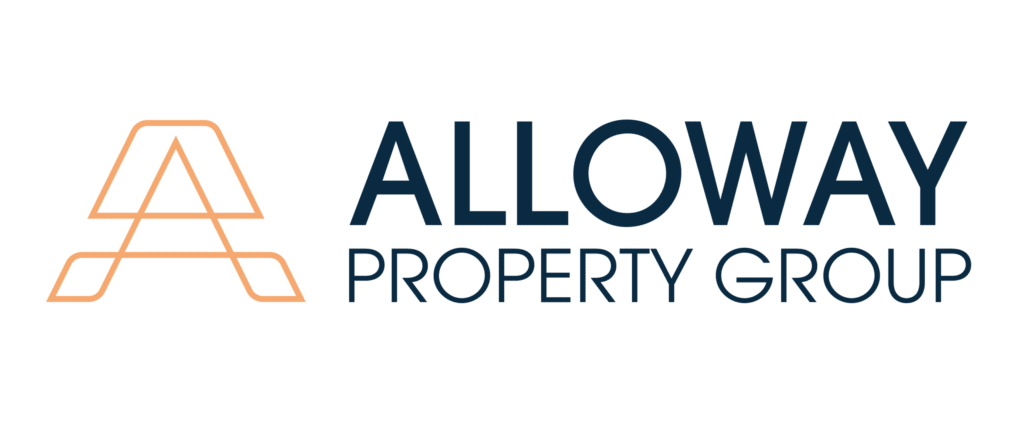The Toronto Vacant Home Tax is a significant measure introduced by the City of Toronto to address the city’s housing crisis. By taxing homes left unoccupied for extended periods, the program aims to encourage property owners to use, rent, or sell their properties, thereby boosting housing availability and supporting affordable housing initiatives. If you own a residential property in Toronto, here’s your comprehensive guide to the vacant home tax Toronto declaration, exemptions, deadlines, and more.
On This Page
What is the Vacant Home Tax?
The vacant home tax is a municipal tax levied on residential properties in Toronto that are unoccupied for more than six months in a calendar year. The City of Toronto vacant home tax was introduced in 2022 as a way to combat housing shortages and increase the availability of homes for residents.
The tax applies regardless of whether the property is for personal use or investment. Its revenue is reinvested into affordable housing projects to address the long-term housing challenges in the city.
Why Was the Toronto Vacant Home Tax Introduced?
Toronto’s housing demand continues to outstrip supply, creating affordability issues and limiting options for residents. The vacant home tax Toronto was introduced to:
- Increase Housing Supply: Encourage property owners to occupy, rent, or sell underutilized homes.
- Generate Revenue for Affordable Housing: Funds collected through the tax support the City of Toronto’s HousingTO Plan, which aims to address housing challenges for low- and moderate-income residents.
The program emphasizes the importance of reducing unoccupied housing stock while helping to create a more accessible housing market.
Who Needs to File a Declaration of Occupancy Status?
Every residential property owner in Toronto must file an annual Toronto vacant home tax declaration of occupancy status. This requirement applies to all properties, even if they are primary residences or currently occupied. The declaration of occupancy status ensures transparency and allows the city to determine whether a property is subject to the tax.
What is the Declaration Deadline?
For 2024, the declaration deadline is April 30, 2025. Homeowners can begin filing their declaration of occupancy status starting November 1, 2024. Missing this deadline will result in the property being deemed vacant, and the Toronto vacant home tax will be applied.
How Much is the Toronto Vacant Home Tax?
For the 2024 taxation year, the tax is set at 3% of the property’s Current Value Assessment (CVA).
For example:
- A property with a CVA of $1,000,000 will incur a tax of $30,000 if left unoccupied.
This increase from the initial 1% rate underscores the city’s commitment to addressing housing issues.
Toronto Vacant Home Tax Exemptions
While the tax applies to most unoccupied properties, there are exemptions for specific situations. To avoid the tax, property owners must provide documentation when filing their Toronto vacant home tax declaration. Common Toronto vacant home tax exemptions include:
- Death of the Owner: The property may be exempt for up to three years if the owner has passed away.
- Care Facility: If the principal resident is in a long-term care or medical facility for more than six months, the property can be exempt for up to two years.
- Major Repairs or Renovations: Properties undergoing significant renovations that prevent occupancy for six months or more may qualify for an exemption.
- Legal Ownership Transfer: Properties sold during the year with a 100% ownership transfer are exempt.
- Employment Outside GTA: If the owner or their spouse works full-time in Toronto while residing outside the Greater Toronto Area, the property may qualify.
- Court Orders: Properties subject to court orders preventing occupancy for six months or longer may also be exempt.
Understanding these exemptions is crucial for avoiding unnecessary taxation.
How to File the Toronto Vacant Home Tax Declaration Online
Filing your declaration online is simple. There are multiple options to complete the declaration process:
- Online: Visit the City of Toronto’s secure portal to submit your declaration. This is the fastest and most convenient method.
- By Phone: Call 311 (within Toronto) or 416-392-2489 (outside Toronto) to file your declaration.
- In-Person: Submit your declaration at Tax and Utility counters at City Hall or civic centres.
To complete your declaration, you will need:
- Your customer number.
- Your 21-digit assessment roll number, available on your property tax bill or Vacant Home Tax notice.
What Happens if You Don’t File or Provide False Information?
Failing to file your Toronto vacant home tax declaration or providing false information can lead to significant penalties:
- Automatic Taxation: If no declaration is submitted, the property is automatically deemed vacant, and the tax will apply.
- Fines for False Declarations: Homeowners found providing false information may face fines of up to $10,000 in addition to the tax.
It’s critical to meet the deadline to avoid unnecessary costs.
Addressing Complaints and Issues
Some homeowners have raised concerns and implementation challenges. Common issues include:
- Misclassification of properties as vacant despite being occupied.
- Confusion about the declaration process or exemptions.
If you encounter any issues, you can contact the city for clarification or file a complaint through their customer support channels. The city has also introduced multilingual assistance to improve accessibility for all homeowners.
Where Does the Money Go?
Every dollar collected from the tax is reinvested into affordable housing projects, helping to address housing shortages and improve access to affordable accommodations for Toronto residents.
This ensures that the tax directly benefits the community and contributes to long-term housing solutions.
Final Thoughts
Whether you’re navigating the Toronto vacant home tax declaration process or seeking exemptions, understanding your obligations is critical. Filing your declaration on time helps avoid penalties and supports efforts to make Toronto’s housing market more equitable and accessible. If you have further questions or concerns, leave a comment below or contact us.

